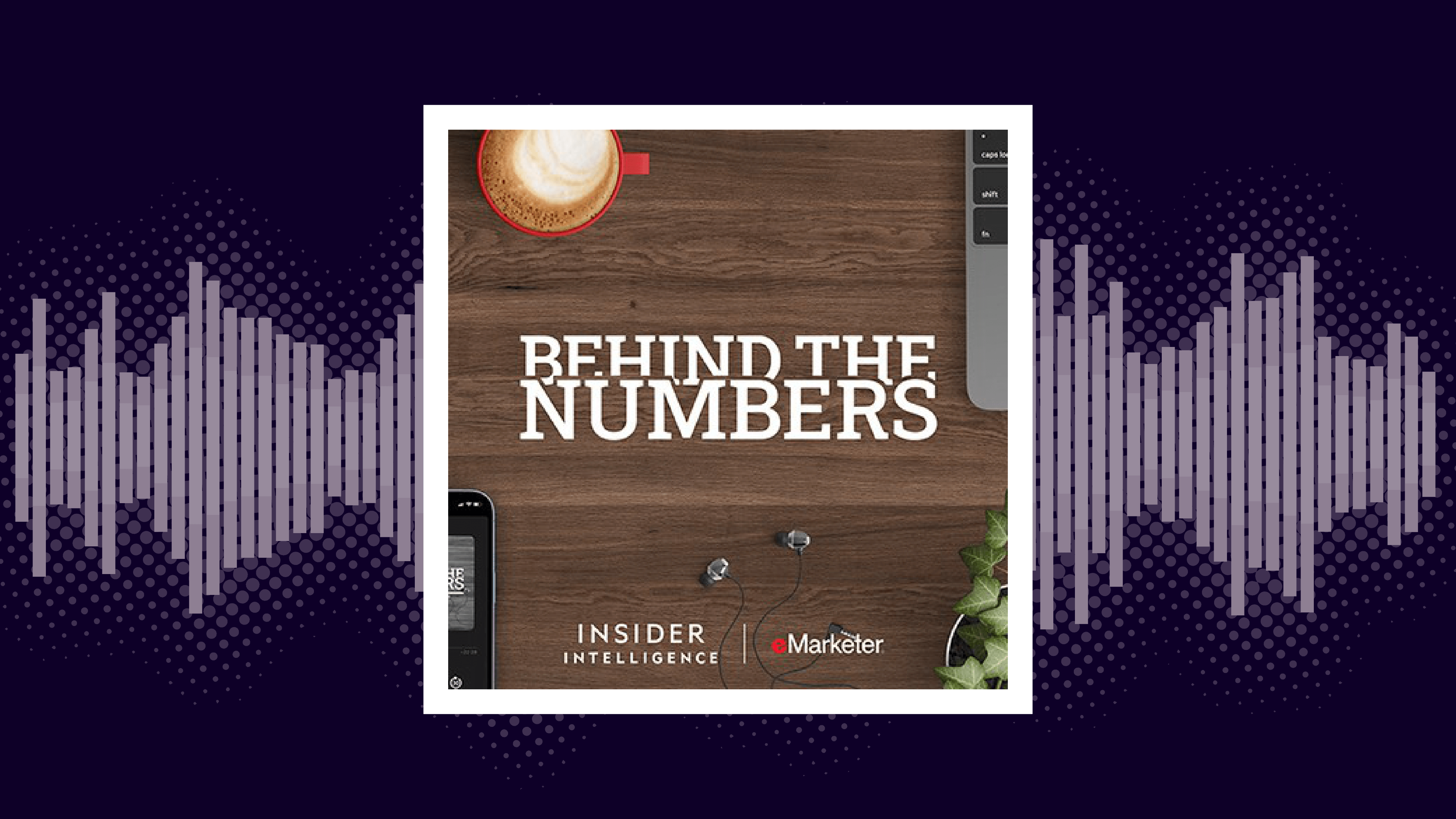Market research. Where every data point holds the potential to shape strategic decisions, businesses with advanced knowledge understand that market research isn’t just about collecting data; it’s about extracting actionable insights that drive strategic excellence. Let’s a look at some of the orgs doing it right, and how they do it.
Advanced data analytics techniques
Consider the case of Netflix, the streaming giant (we really don’t need to introduce them, do we?) renowned for its personalized recommendation engine – which, after many hours TV for my toddlers, now does indeed recommend Paw Patrol whenever it’s switched on. Science!
By harnessing the power of advanced data analytics, Netflix analyzes viewers’ past behavior, preferences, and viewing patterns to suggest content tailored to individual tastes. In my case, involving characters named Chase, Marshall, Rubble and Skye.
This predictive analytics approach not only enhances user engagement but also drives subscriber retention and loyalty, demonstrating the transformative potential of advanced analytics in shaping customer experiences and driving business growth.

Behavioral economics and decision science
Amazon is a prime example of a company that leverages behavioral economics principles to drive purchasing behavior.
Through techniques such as dynamic pricing, scarcity messaging, and social proof, Amazon nudges customers towards desired actions, whether it’s making a purchase, subscribing to a service, or joining a loyalty program. Who hasn’t been sucked into a Hayu add-on when booting up Prime?
By understanding the psychological drivers of consumer behavior, Amazon optimizes its pricing strategies and product recommendations to maximize sales and profitability, showcasing the power of behavioral economics in influencing consumer decisions.
Agile research methodologies
One for my fellow Android fans here – in the highly competitive smartphone market, Samsung stands out for its agile approach to market research and product development.
By continuously gathering feedback from customers, monitoring industry trends, and iterating on product designs, Samsung adapts quickly to evolving consumer preferences and technological advancements.
This agile research methodology enables Samsung to launch innovative products that resonate with consumers, maintain its competitive edge, and drive market share growth in a rapidly changing landscape. iPhone who?
Cross-channel data integration
Starbucks exemplifies the importance of cross-channel data integration in enhancing customer experiences.
Through its mobile app, loyalty program, and social media platforms, Starbucks collects data on customer preferences, purchasing behavior, and engagement metrics across multiple touchpoints.
By integrating this data into its CRM system, Starbucks personalizes marketing campaigns, offers targeted promotions, and delivers personalized recommendations to customers, driving brand loyalty and increasing sales both online and offline.

Ethnographic research and observational studies
Now let’s hop on over to Tesla, the electric vehicle pioneer. The company uses ethnographic research and observational studies to inform product design and CX initiatives.
By observing how customers interact with electric vehicles in real-world settings, Tesla gains insights into user behaviors, pain points, and unmet needs. This ethnographic approach informs Tesla’s decision-making process, leading to innovations such as over-the-air software updates, autonomous driving features, and supercharging networks that enhance the usability and appeal of its vehicles, setting Tesla apart as a leader in the automotive industry.

Conclusion
In the ever-evolving landscape of market research, advanced practitioners understand that success lies not only in collecting data but also in unlocking its full potential to drive strategic excellence.
By leveraging advanced analytics techniques, embracing behavioral economics principles, adopting agile research methodologies, integrating cross-channel data, and embracing ethnographic research, businesses can elevate their market research capabilities to new heights.
In doing so, they empower themselves to make smarter decisions, anticipate market trends, and outmaneuver competitors in an increasingly complex and competitive marketplace.
For businesses committed to staying at the forefront of their industries, mastering these advanced strategies is not just an option; it’s a strategic imperative for sustained success and growth in the digital age.


































































































